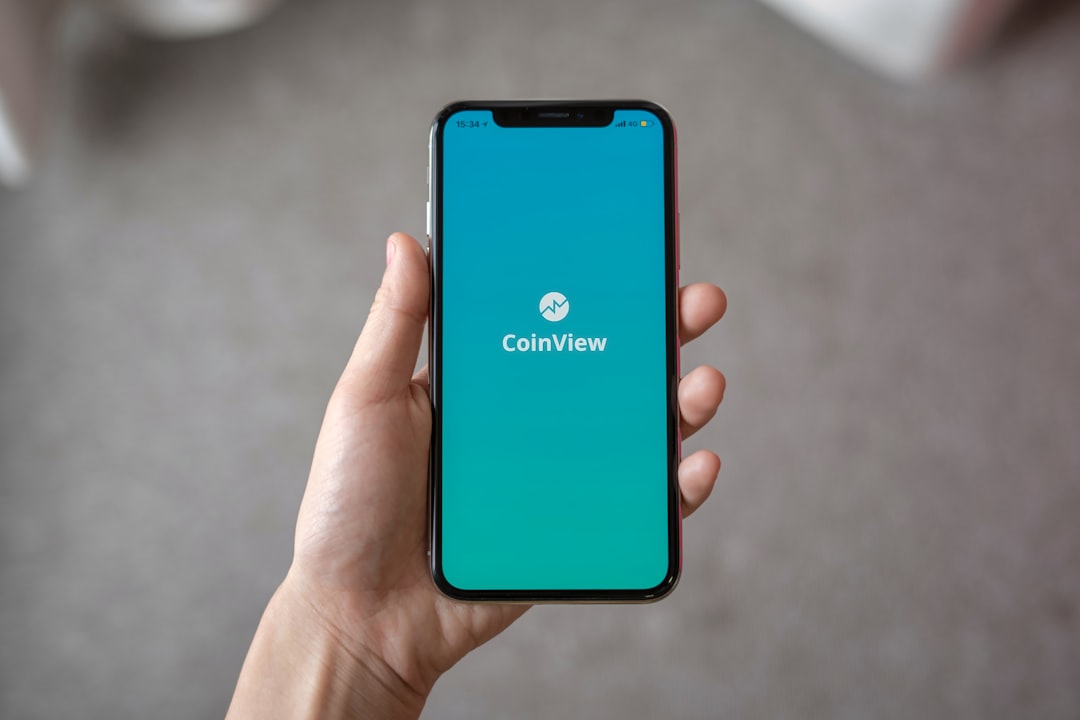Debtors in Washington D.C. benefit from robust legal protections under both local and federal laws, notably the FDCPA, which regulate debt collection practices. A debt collector lawyer in DC is crucial for navigating these rights, addressing unethical tactics, and filing complaints against violators with relevant authorities upon rights' violations.
Navigating the complex landscape of debt laws in Washington, D.C., can be challenging for both consumers and attorneys alike. This comprehensive guide, crafted by a seasoned debt collector lawyer in DC, illuminates critical aspects of debt collection practices within the city’s legal framework. From understanding your rights as a debtor to recognizing unlawful tactics, this article equips readers with essential knowledge. Learn how to file a complaint against debt collectors and assert your legal standing, empowering you to take informed action.
Understanding Debt Collection Laws in DC

In the District of Columbia, both local laws and federal regulations govern how debt collectors operate within the jurisdiction. Understanding these rules is crucial for both consumers and debt collector lawyers in DC. The Consumer Protection Division of the Attorney General’s Office plays a significant role in enforcing fair debt collection practices, ensuring that collectors adhere to strict guidelines.
Debt collection in DC is regulated by the District’s Consumer Credit Code, which outlines various protections for borrowers. This includes rules on the timing and frequency of contact from debt collectors, requirements for valid notices, and restrictions on aggressive or harassing behavior. Additionally, federal laws like the Fair Debt Collection Practices Act (FDCPA) also apply, providing consumers with further safeguards against abusive or unfair debt collection tactics. For DC residents facing debt issues, consulting a qualified debt collector lawyer is advisable to navigate these legal protections effectively.
Rights of Debtors: What You Need to Know

Debtors in Washington, D.C., have specific rights protected by law, especially when dealing with debt collectors. Understanding these rights is crucial to navigating the complexities of debt collection practices. The Fair Debt Collection Practices Act (FDCPA) governs the behavior of debt collectors and restricts their interactions with debtors. This federal legislation ensures that debt collectors treat consumers fairly, ethically, and with respect.
If you are faced with debt issues, a debt collector lawyer in DC can provide valuable guidance. They can help you assert your rights, including requesting validation of the debt, disputing inaccurate information, and stopping harassing or unfair collection attempts. Debtors are entitled to receive clear and accurate information about their debt, have the right to challenge the validity of the debt, and be free from threats, intimidation, or abuse by debt collectors. Being aware of these rights is an essential step in protecting yourself against unethical collection practices.
Unlawful Debt Collection Practices: Examples

Unlawful debt collection practices can take many forms, and it’s essential to be aware of your rights as a consumer in Washington, D.C. A debt collector Lawyer DC can help navigate this complex landscape. Examples of such practices include making false or misleading statements about the amount owed, using aggressive or abusive language, threatening to take legal action without intending to do so, or contacting individuals at inconvenient times or places.
Additionally, debt collectors cannot use or threaten to use violence, harass, or intimidate anyone in connection with collection efforts. They are also prohibited from discarding or destroying records of communications with consumers regarding debts. Recognizing these unlawful practices is the first step towards protecting your rights and seeking justice if you’ve been a victim.
How to File a Complaint Against Debt Collectors

If you believe a debt collector has violated your rights under DC’s debt collection laws, it’s crucial to take action. The first step is to file a complaint with both the Federal Trade Commission (FTC) and the District of Columbia Attorney General’s Office. These agencies have specific procedures for submitting complaints, which can typically be done online or via mail.
When filing your complaint, gather all relevant documentation, including any communications with the debt collector, contracts related to the debt, and records of payments made or attempted. A debt collector lawyer in DC can provide invaluable assistance throughout this process, ensuring your rights are protected and guiding you through the legal framework to achieve a favorable outcome.






